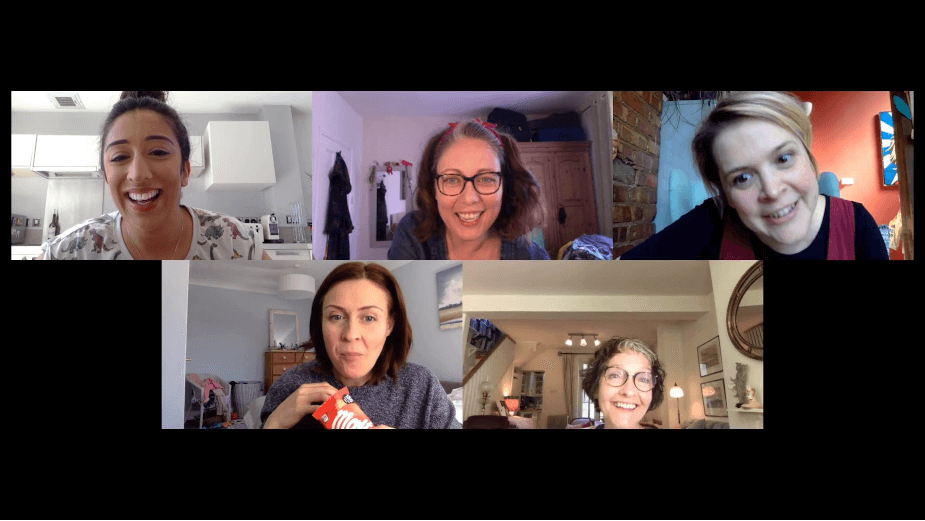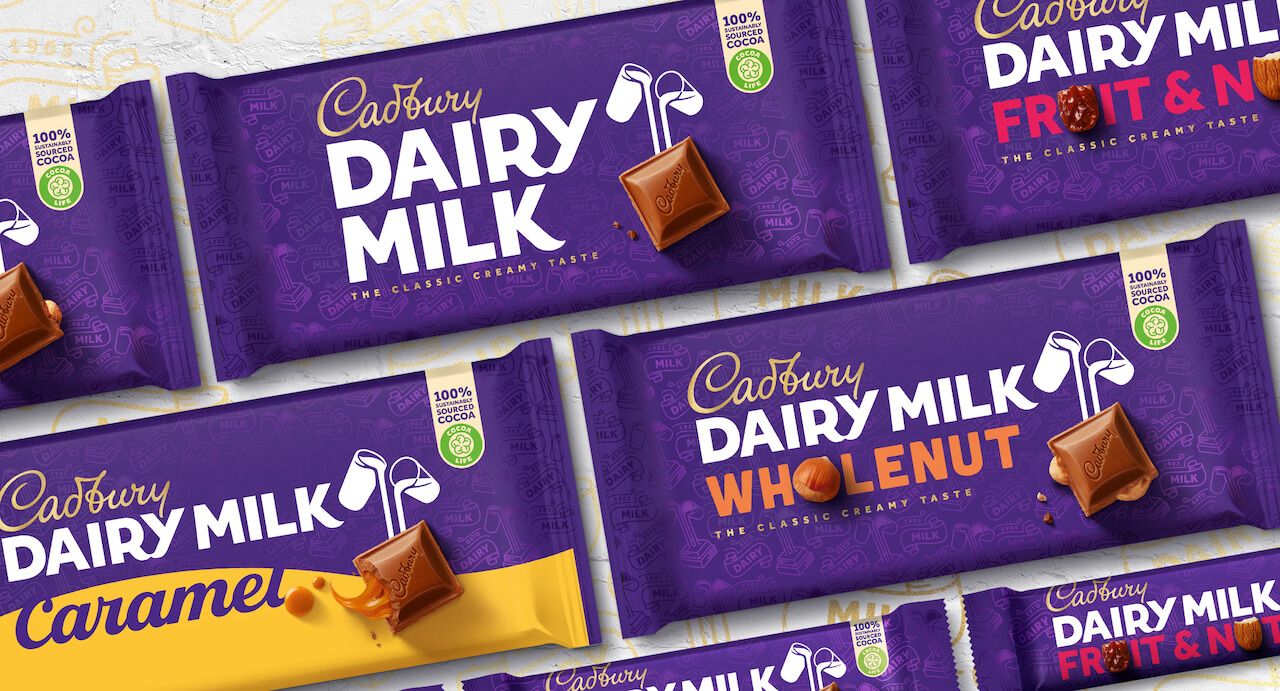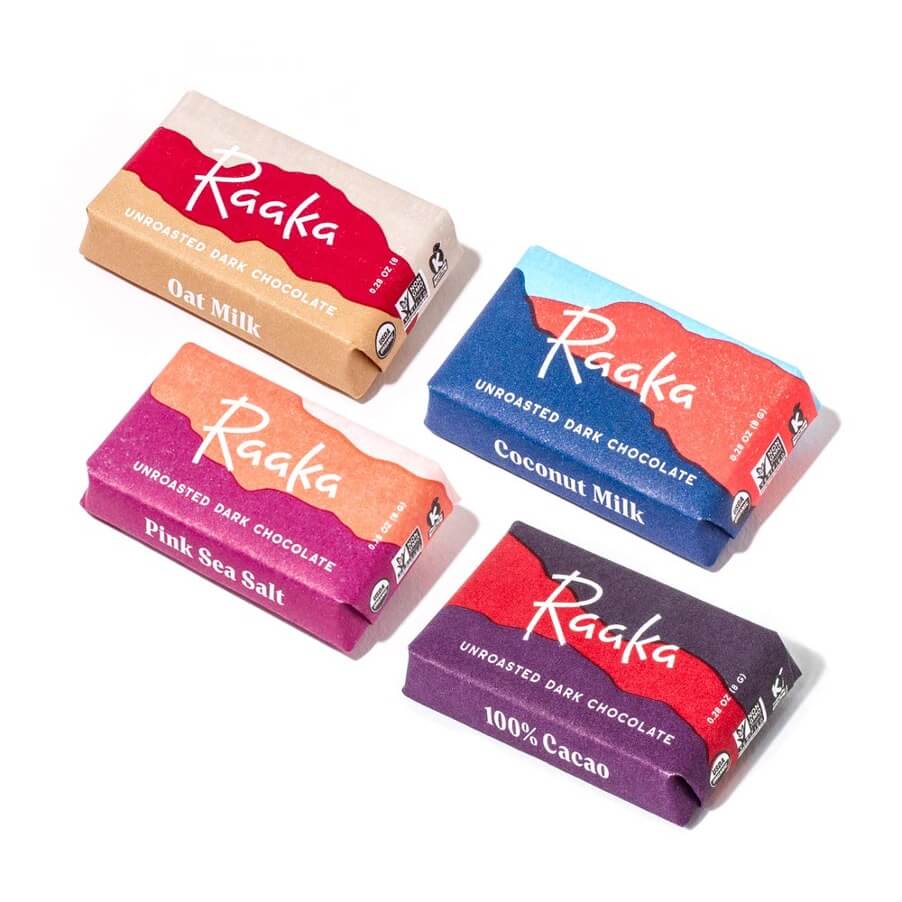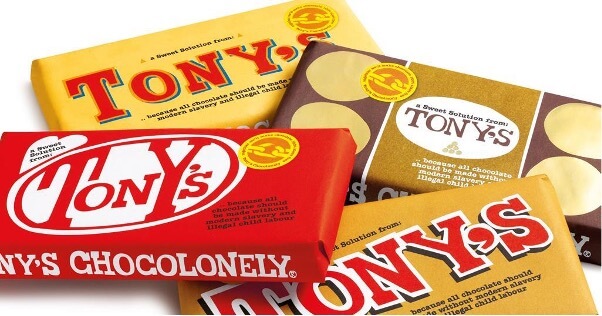Our Thoughts
Keeping Things Sweet The Future of Indulgence
It goes without saying that the past year has been a stressful and uncertain time for pretty much everyone across the globe. The once in a century Covid-19 pandemic has impacted us all, and things have been made even more difficult as we’ve been forced to sequester ourselves away from friends and loved ones.
How to stay sane in these difficult circumstances? The answer for many, it seems, has been by indulging in the sweet stuff. In the UK, chocolate sales rose by £50m year on year in 2020, driven in large part by purchases of multipacks and sharing-size bars. A similar story was seen in the US, with the National Confectioners Association reporting that the chocolate market as a whole grew by 5.5%, and the premium chocolate market by an impressive 12.5%.
How we’re eating all this chocolate has been changing though, with sales driven overwhelming by at-home consumption, and a lot of success has been seen by brands operating in the mainstream, rather than at the leading edge. How can we reconcile these tendencies with how the market was developing before the pandemic – and how can brands look to the future of Indulgence post-Covid?
The Here and Now: Life in Lockdown
Certainly in the UK, life is going to remain very different from normal for a while to come, and it’s vital for brands to recognise this changed reality. For some years now, Maltesers has used its ‘Look on the Light Side’ campaign to communicate with consumers, emphasising humour and sociability as at the heart of the confectionery brand. How could this be achieved in the middle of a global pandemic?
Rather than issuing existing advertising with a disclaimer that it was created pre-Covid, Maltesers created a new series of comms that sought to reflect current reality. Produced, directed and filmed remotely via video conferencing software, the ads take a look at lockdown life that is true to the brand’s heritage, while forwarding chocolate and indulgence as part of future-facing self-care.

Keep Evolving: Building on Mainstream Success
As we’ve seen, mainstream brands in the indulgence space have enjoyed substantial sales growth during the pandemic. However, remaining in the same place culturally-speaking will not put brands in a good position when it comes to the future. Chocolate giant Cadbury has recognised this, updating its flagship Dairy Milk brand.

The redesign makes clear reference to Cadbury’s longstanding heritage while dialing up more future facing codes of premiumness, as evidenced in the evolved masterbrand signature and visualisations of product. Cadbury has clearly understood the need to keep evolving to maintain cultural relevancy moving forward.
Looking Ahead: The Future of Indulgence
While 2020 saw huge sales for brands in the mainstream indulgence space, it’s vital to remember the context in which these occurred – a time of heightened anxiety, a scenario that encouraged us en masse to withdraw to our respective comfort zones. Wherever you are in the world, we’re not going to be in lockdown forever, and the cultural meaning of indulgence is going to keep evolving.
For example, the massive growth in plant-based products looks set to continue, and the chocolate category is certainly part of this. Brands such as New York’s Raaka are already offering varieties including oat and coconut milks, and there’s recent confirmation that Mondelez, owners of Cadbury, are seriously investigating production of a vegan-friendly version of the iconic Dairy Milk.
 Particularly amongst Millennial and Gen-Z consumers, ethical standards and concerns were a major purchasing driver before the pandemic, and they look certain to remain so. Dutch confectionery brand Tony’s Chocolonely has been built on a stated mission of fair trade and the elimination of modern slavery from the chocolate industry.
Particularly amongst Millennial and Gen-Z consumers, ethical standards and concerns were a major purchasing driver before the pandemic, and they look certain to remain so. Dutch confectionery brand Tony’s Chocolonely has been built on a stated mission of fair trade and the elimination of modern slavery from the chocolate industry.
In January 2021, they went one step further, throwing the gauntlet down at multinational players. Their ‘Sweet Solution’ range of products features packaging and formats that strongly recall iconic competitor brands, but with the tagline ‘because all chocolate should be made without modern slavery and illegal child labour’. The interior wrapper meanwhile encourages consumers to sign a petition in support of this goal.

It’s bold and provocative, but most certainly in keeping with Tony’s brand heritage. Tony’s has succeeded in drawing the spotlight back on the ethical issues our purchasing decisions raise in the arena of Indulgence, all with the brand’s hallmark humour – and delicious product.
Key takeouts for brands:
- Stay aware of your consumers’ cultural reality. If sociability is at the heart of your brand, you need to communicate this is in a way that feels both true to your heritage and your consumers’ experience.
- Don’t tread water: just because a brand is performing well in the here and now doesn’t mean it’s going to resonate meaningfully with consumers in the future. Brands must constantly reevaluate what they are communicating and evolve as necessary to ensure they don’t become culturally irrelevant.
- Tomorrow is another day: despite the extraordinary circumstances of the pandemic, the meaning of Indulgence continues to evolve. Brands need to keep a finger on the cultural pulse to make sure they can meet the needs of consumers on the other side.
Emily Porter-Salmon, Associate Director

